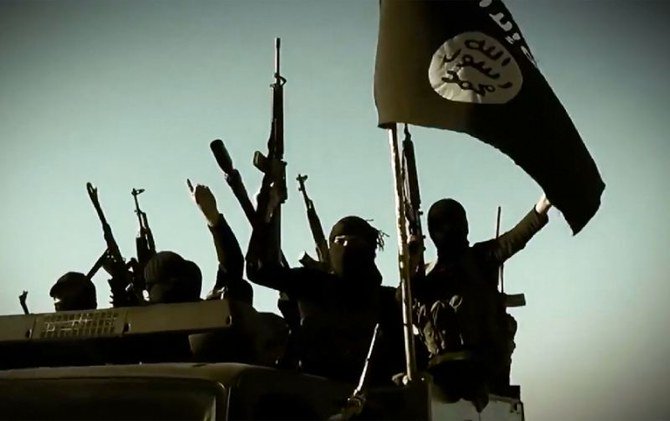ISIS’s demonic second coming … stronger than ever before?

Allow me to make a bold prediction: Within a few years, not only will ISIS return to prominence, but it will become exponentially more vigorous and difficult to defeat.
ISIS continues to be the wealthiest terrorist organization in history, with hundreds of thousands of dollars stashed away in readiness for its re-emergence. Tens of thousands of ISIS personnel may still be at large, or deployed as sleeper cells across Iraq and Syria. Meanwhile, about 100,000 detainees with various levels of ISIS affiliation languish in mass camps. Their status is problematic, because of their multinational character: Should their home countries reluctantly accept them back, or leave them to rot or hang?
Let us not forget that ISIS perpetrated the worst crimes known to humanity: Burnings, stonings, beheadings, rape, genocide and other systematic atrocities. Yet its ideology remains potent, with wide-reaching propaganda capabilities: A few symbolic victories (the recapture of a town, a spectacular terrorist attack…) could inspire thousands of confused and sick individuals to flock back into its ranks.
It is tempting to assert that because ISIS's actions were self-evidently evil, all those who lived under it must be evil too. Our failure to recognize why many ordinary Iraqis and Syrians tolerated ISIS (other than simply out of fear) will be a major factor in allowing this menace to return.
ISIS's rule varied markedly across its so-called caliphate. While foreign jihadists brutally imposed alien theocratic models upon major cities, in small rural towns ISIS leaders were predominantly locals. The result was an organic hybrid between local traditions and ISIS's rigid asceticism. When ISIS was purged, local jihadists simply melted into the mountains, using their exhaustive knowledge of the landscape to embark on a war of attrition against security forces.
By 2011 Al-Qaeda in Iraq was a defeated force. Yet Nouri Al-Maliki’s sectarian policies, his purge of Sunni politicians, and his reliance on brutal paramilitaries to entrench his power alienated Sunnis and other communities. By 2013, Iraq was awash with a furious ferment of protest movements and anti-state forces — Islamists, tribes and Baathists. ISIS swept to power out of this complex milieu.
ISIS will aspire to be more geographically dispersed to avoid presenting an easy target, it will consolidate its strength in the shadows to avoid provoking a decisive response, and it will avoid unnecessarily alienating local people.
By Baria Alamuddin
